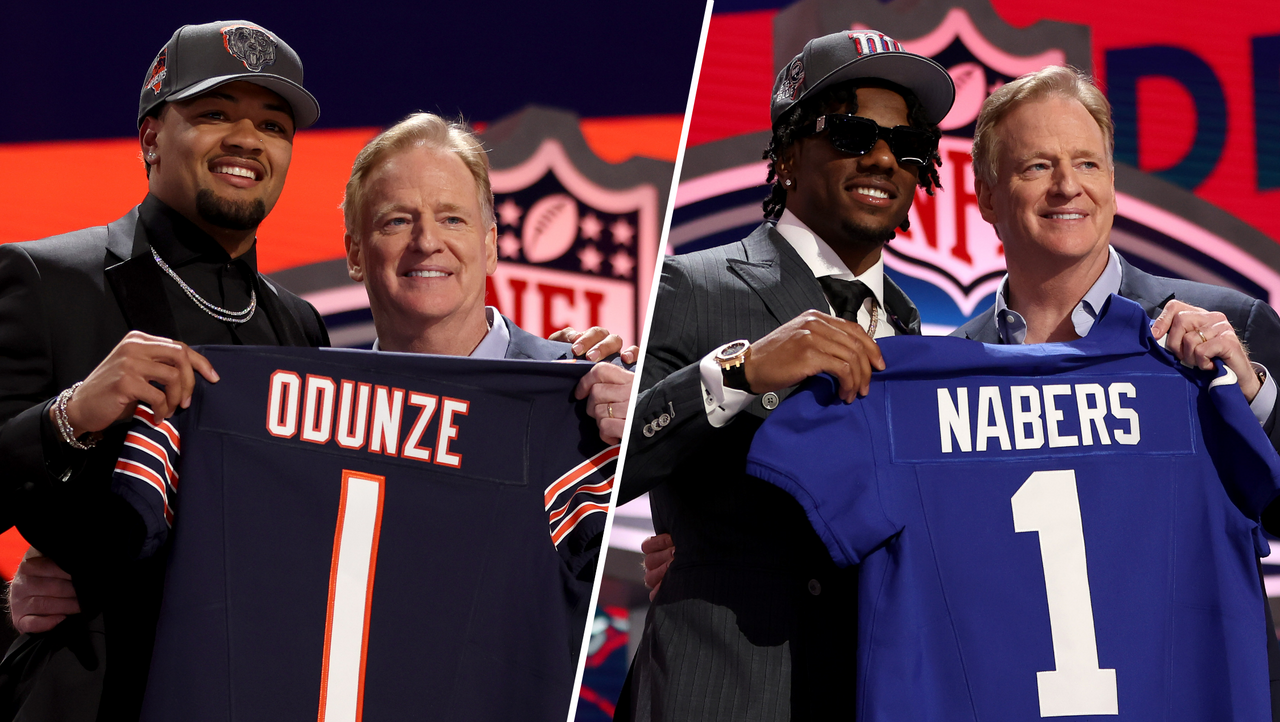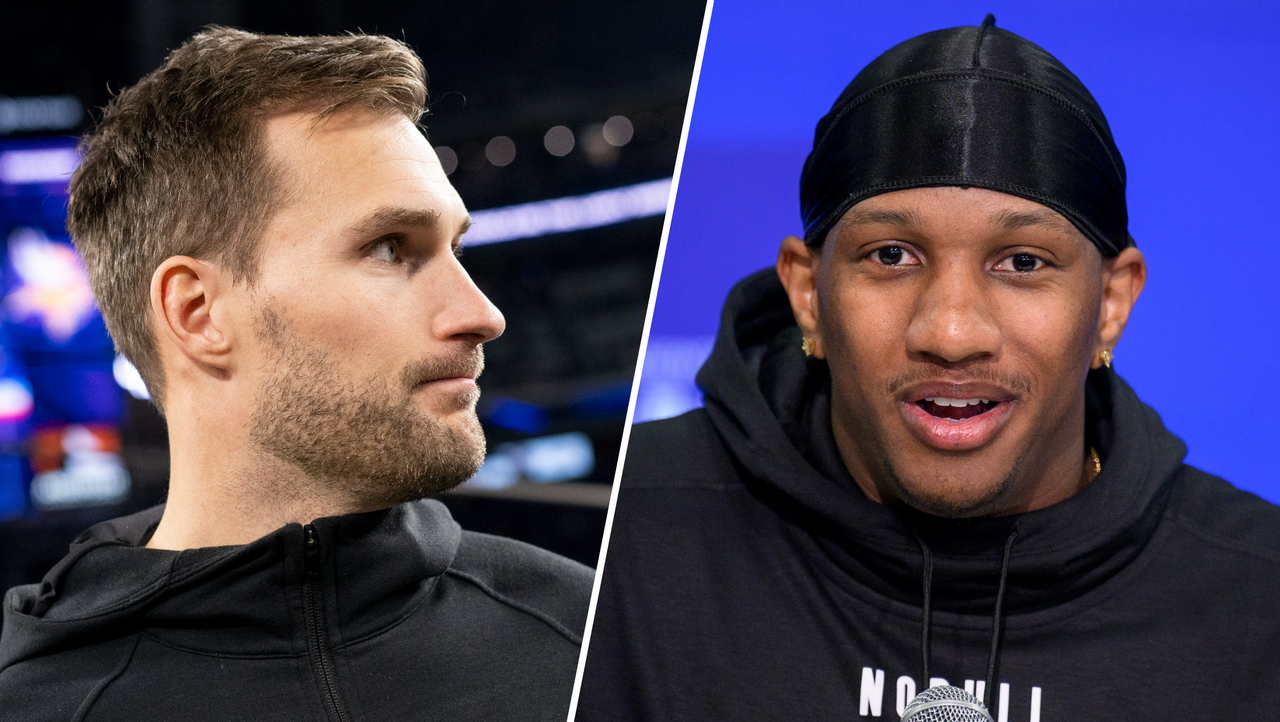Earlier this month, a representative of the Washington Redskins football team asked, in light of the controversy surrounding the team’s name and logo, why teams like the Chicago Blackhawks were seemingly skating through and weren’t being just as hotly debated.
Chicago Tribune columnist David Haugh added his own story to the mix on Thursday, telling the story of how Blackhawks team president John McDonough and his wife are reaching out to the Native American community in Illinois.
Here are a couple of excerpts from the column:
“In the rain, Blackhawks President John McDonough showed up one Sunday last month with his wife, Karen, and management team for a powwow at Busse Woods in Elk Grove Village.
“They watched for hours as families dressed in traditional headdresses and moccasins danced and sang as part of the American Indian Center of Chicago’s 60th annual celebration. They brought the Stanley Cup, posed for pictures and swapped stories. They talked to Native Americans of all ages about their lives but, of more importance, they listened.
“It was cold, damp, and the sky just opened but you could tell you wanted to be there and were genuinely interested in our culture,” said Scott Sypolt, executive counsel for the center. “Daniel Snyder should take a lesson in cultural sensitivity training from the Chicago Blackhawks.””
Obviously, those are some pretty powerful words from a man still closely involved with Native American causes, as well as someone who is of Cherokee descent. He had a few more statements to make too:
”There is a consensus among us that there’s a huge distinction between a sports team called the Redskins depicting native people as red, screaming, ignorant savages and a group like the Blackhawks honoring Black Hawk, a true Illinois historical figure,” Sypolt said. “The Blackhawks take initiative, get involved and show through actions they care.”
The main counterpoint to that argument that one could envision is that Sypolt, despite his stature in the community, is only one man. His beliefs should be no more taken as a blanket statement representing all Native American tribes than the beliefs of those who find the Hawks’ logo offensive.
Sports
To that effect, Haugh also addressed that concern in his column, saying that even though there aren’t waves of controversy surrounding the team now, there could be in the future.
“One day, Blackhawks officials realize the ripple effect from whatever happens with the Redskins could result in difficult discussions about their cherished Indianhead. Until that inevitability arrives, the team will continue to help fund restoration of The Eternal Indian (a 50-foot monument that some people all the Black Hawk statue) and attend powwows amid efforts to educate themselves and their fans better about a nickname rooted in pride, not shame.”
Obviously, the team is going to need to continue to fund those education efforts, judging by some of the face-paint and Native American garb that some fans wear to the United Center for games, but Haugh’s points are all well taken. Rather than being taken aback by criticisms of the team’s name or logo, the team is being proactive in their outreach to the Native American community, and judging by Mr. Sypolt’s feelings on the issue, they are doing a good job of it.
This issue isn’t going to be going away any time soon, but it’s good to see that the Blackhawks are actively pursuing a full read-out of people’s feelings on the issue rather than taking to the bully pulpit to decree the “PC Police” that are trying to ruin their “traditions.”



